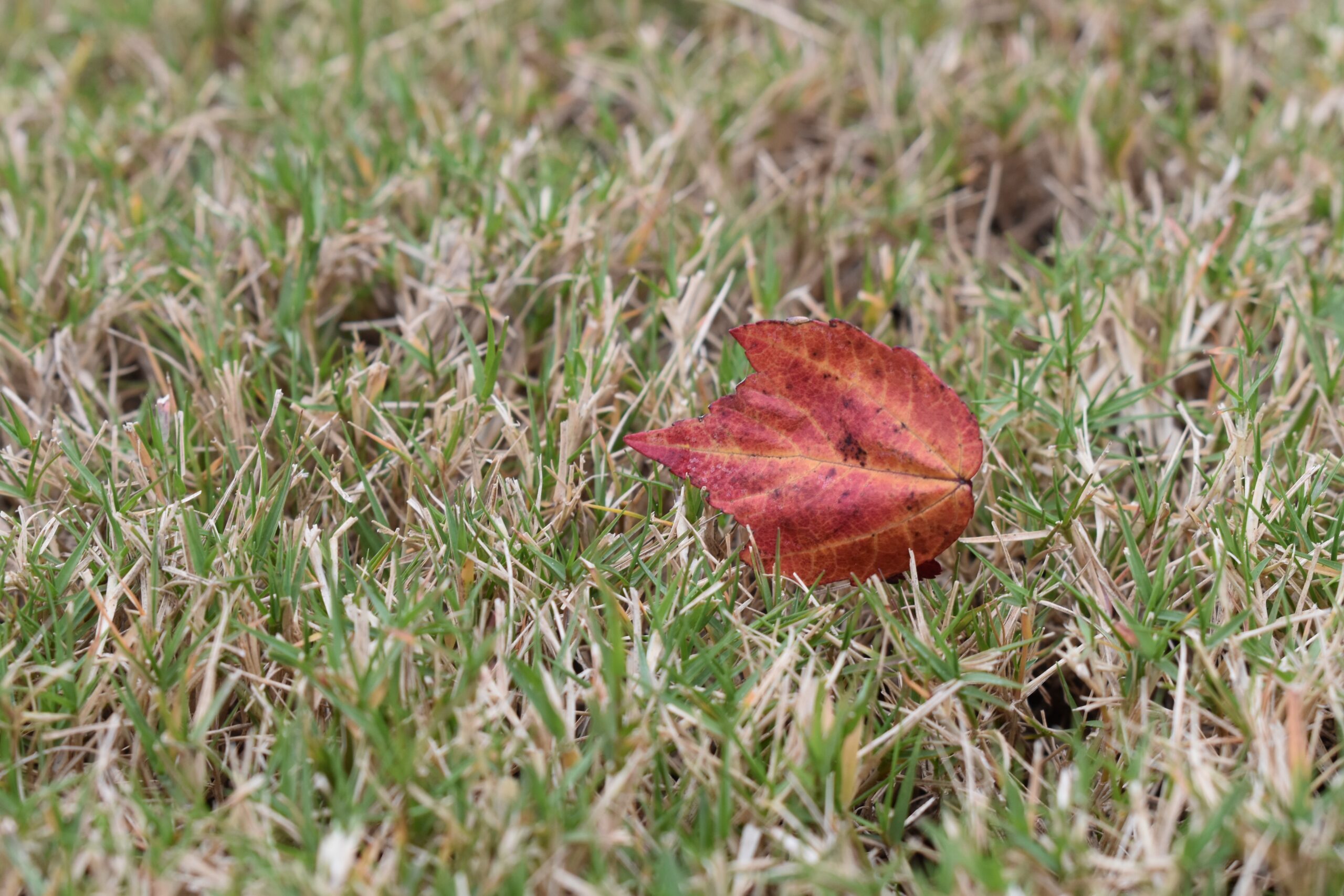How Daylight Savings might affect mental health amid a pandemic

HARSHA PATIL – As the amount of daylight decreases as we enter November, the symptoms of seasonal affective disorder, or SAD, become more apparent. Approximately 10 million Americans are diagnosed with SAD, and another 10-20% of Americans experience a mild form of it. SAD is a mood disorder that is associated with depression that occurs at the same time every year.
Those affected by it often describe feeling sluggish and unmotivated. The cause for SAD is attributed to the decreased amount of sunlight throughout the days. A recent breakthrough about the causes of SAD gives more insight about the cause being daylight savings.
This year, as we fall back an hour, doctors warn of increased cases of depression, especially amidst the COVID-19 pandemic. The numbers of cases of depression have increased significantly as a result of the effect that the pandemic has had on mental health. Some describe feeling as though they’ve been “hibernating”. Other stressors to consider this fall are the increased feelings of isolation that come with being apart from family and friends due to the risk of COVID. This, coupled with the 2020 presidential election, has left many Americans feeling overwhelmed. It may feel as though one bad thing keeps happening after another;like there’s no end in sight.
Now more than ever, we need to prioritize our mental health. As winter approaches, there are ways to get in daylight and manage feelings of isolation. It is important to maximize the hours of daylight that we do have. Take a walk, eat a snack outside, or go for a run. It is important to dedicate time to your usual routine, despite the change in light. Self-care may sound cliché, but giving your mind a healthy break can help to alleviate feelings of helplessness this fall. 2020 has been a dark year, and we may be entering an even darker winter, but you are never alone. It is important to seek support or professional help if you feel that you may be experiencing symptoms of SAD.
Copy Editor: Sophia Bartell
Photography Source: Bianca Patel
